The Process for Fertility Preservation
- Home
- The Process for Fertility Preservation
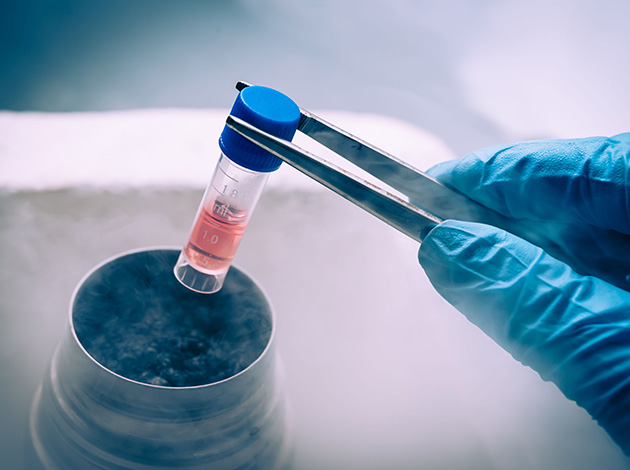
The Process for Fertility Preservation: A Revolution in Reproductive Choice
What is the process of fertility preservation?
In the case of women, it is called Egg Freezing. Technically, it’s a sequence of hormonal stimulation, egg retrieval, and then freezing the mature eggs using a rapid-cooling technique called vitrification.
Let’s walk through it. Slowly, without skipping any essential parts.
Consultation
First, you meet a fertility specialist. They ask about your lifestyle, your periods, your goals, and maybe even your fears. Then come the tests for starting the process for freezing eggs. It includes blood work to check your hormone levels (AMH, FSH, estradiol), and an ultrasound to count the number of follicles in your ovaries. It also helps estimate how well your body might respond to the egg freezing process.
Here’s something not everyone knows: According to a study published in Human Reproduction, the number of mature eggs retrieved in a cycle varies widely, but generally, retrieving at least 10–15 mature eggs before age 35 offers a good chance of future pregnancy.
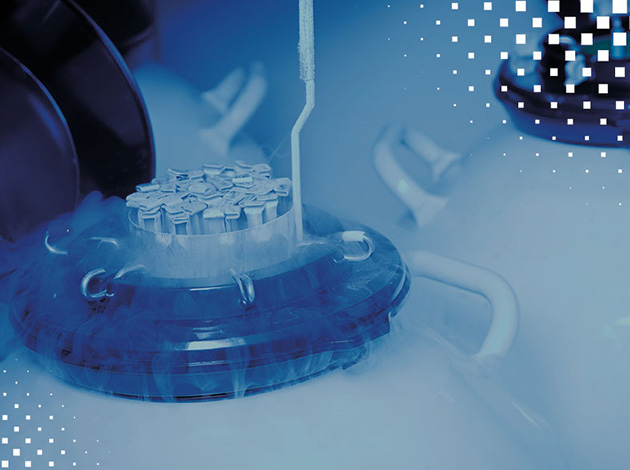
Daily hormone injections
For about 10–12 days, you’ll be receiving hormone shots. They’re meant to stimulate your ovaries to produce multiple eggs instead of the usual one which grows naturally in every menstrual cycle .
Blood tests and ultrasounds happen every few days. This part of the process for freezing eggs requires patience.
Once the follicles are ready, your doctor schedules the egg retrieval. A final injection, called the “trigger shot”, helps your eggs mature in time.

Egg retrieval
You will be sedated for the procedure which takes about 10-15 minutes. Using ultrasound guidance, the doctor gently inserts a needle to collect the eggs from each follicle. After the procedure is done, you will wake up a little groggy but okay. You can rest for a while, have a light meal and go home.
By the next day, you’re back on your feet. Most women report mild cramping or soreness, but it passes quickly.
Meanwhile, in the lab, the embryologist checks how many eggs are mature enough to freeze. Those are vitrified, frozen at lightning speed, and stored safely.
That’s it. Your eggs are officially frozen.If your partner is available for example if the lady is married, retreived eggs can be fertilized with husband ‘s sperms, and resulting embryo s can be frozen.

Why are women freezing their eggs?
The reasons, honestly, are changing.
Earlier, egg freezing was mostly done for medical reasons, before chemotherapy, pelvic radiation, or ovarian surgery. But that’s only part of the story now.
Today, more women are freezing their eggs as a proactive measure. A 2022 report by The Lancet suggested a sharp rise in elective egg freezing worldwide, especially among women aged 29–38. In India too, urban clinics have reported a 50% rise in egg freezing cycles over the past 3–5 years.
The shift isn’t just medical. It’s cultural. It’s economic. And maybe even emotional.
Women want choice. And timing. And some breathing room.
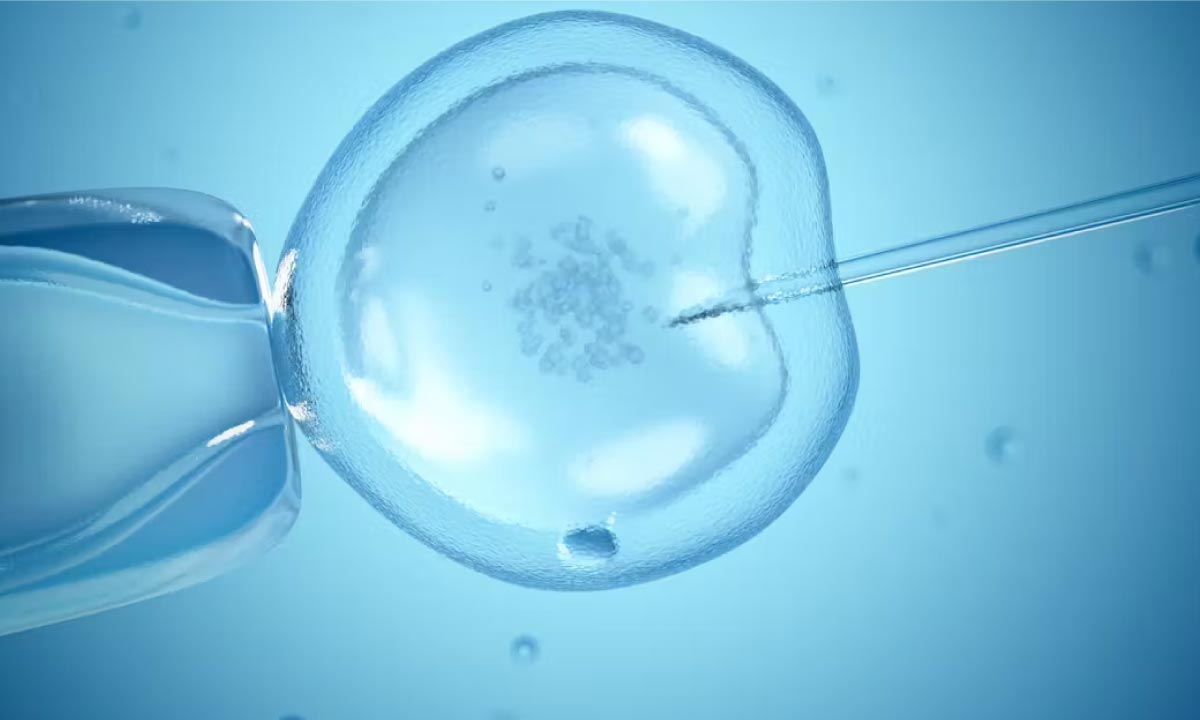
Frozen eggs cost: what should you know?
The cost of the whole process for freezing eggs in India can range anywhere from ₹1.5 lakh to ₹2.5 lakh per cycle. That includes medications, monitoring, egg retrieval, and freezing. But it doesn’t always include annual storage fees, those can be ₹15,000 to ₹30,000 per year.
And you may need more than one cycle to bank enough eggs. Especially if you’re over 35 or have a low ovarian reserve.
So yes, egg freezing cost in India can add up. But it might also save you the cost, emotional and financial, of more complex fertility treatments later.
One way to look at it: You’re not buying time. But maybe, you’re renting peace of mind.
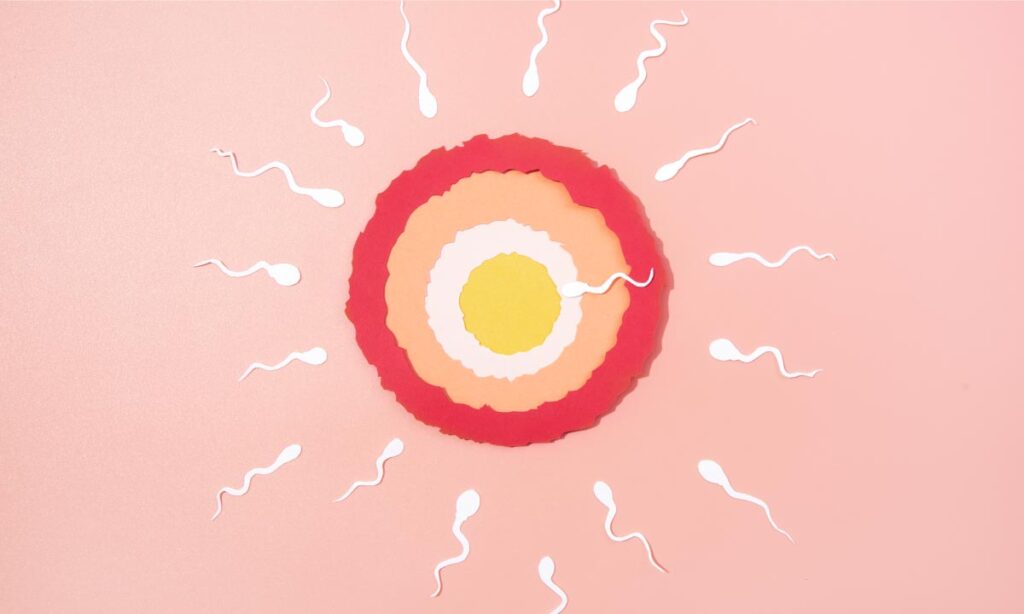
Success rates: is it worth it?
According to ASRM (American Society for Reproductive Medicine), the chance of a live birth from frozen eggs depends on age at the time of freezing and the number of eggs stored. For women under 35, using 15–20 frozen eggs may offer up to a 70% chance of a future live birth. For women above 38, the success rate drops.
The earlier you start the process for freezing eggs, the better your odds. But it’s not a guarantee. Just an option. A chance.
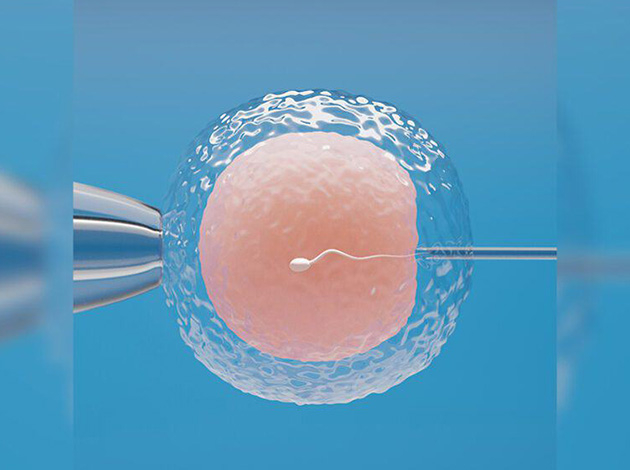
Male Fertility Preservation (Semen Freezing)
Semen freezing is also known as sperm cryopreservation. This is a method used to preserve male fertility for future use. It involves collecting a semen sample, evaluating its quality, and then freezing it at extremely low temperatures. This process is commonly recommended before medical treatments like chemotherapy, or for men who want to plan ahead for personal reasons. Stored sperm can later be used in fertility treatments such as IUI or IVF.

FAQs
Start with a fertility consultation. Then comes hormone stimulation, egg retrieval, and freezing via vitrification.
Not exactly. The injections can sting. The retrieval is done under sedation. Mild bloating or cramps may follow, but it’s manageable.
Your ovaries are stimulated to produce multiple eggs. Those eggs are retrieved, frozen, and stored for future use in IVF.
It involves four stages: consultation, stimulation, retrieval, and vitrification.
It’s a method to preserve fertility by freezing mature eggs or semen for future fertilisation.
Usually ₹1.5–2.5 lakh per cycle, plus yearly storage fees.
It’s Not About Delay. It’s About Design.
If there’s one thing the fertility preservation process represents, it’s choice. The kind that allows couples to design their lives, not race against them.
At Dr. Sabia Mangat’s clinic, we understand how nuanced and deeply personal this decision is. So if you’re planning ahead or dealing with a medical condition that leaves little room for delay, we’re here to guide you through the process for freezing eggs and semen with clarity, empathy, and care.
Because sometimes, it’s not about when. It’s about how well you’re prepared for what comes next.
Recent Blogs
Understanding Diminished Ovarian Reserve: Causes, Symptoms, and Treatment Options
Understanding Diminished Ovarian Reserve: Home Understanding Diminished Ovarian Reserve: Causes, Symptoms, and Treatment Options Fertility challenges can feel overwhelming, especially when terms like diminished ovarian reserve come into the picture. This condition is increasingly recognized among women trying to conceive, both in their 20s and 30s. But with advanced medical
What Is the Best Age for IVF Treatment?
What Is the Best Age for IVF Treatment? Home What Is the Best Age for IVF Treatment? What Is the Best Age for IVF Treatment? The decision to start a family is something deeply personal. It’s often influenced by career aspirations, personal relationships, and health conditions. Thanks to progress in
The Process for Fertility Preservation: A Revolution in Reproductive Choice
The Process for Fertility Preservation Home The Process for Fertility Preservation The Process for Fertility Preservation: A Revolution in Reproductive Choice The decision to start a family is something deeply personal. It’s often influenced by career aspirations, personal relationships, and health conditions. Thanks to progress in assisted reproductive technologies such
